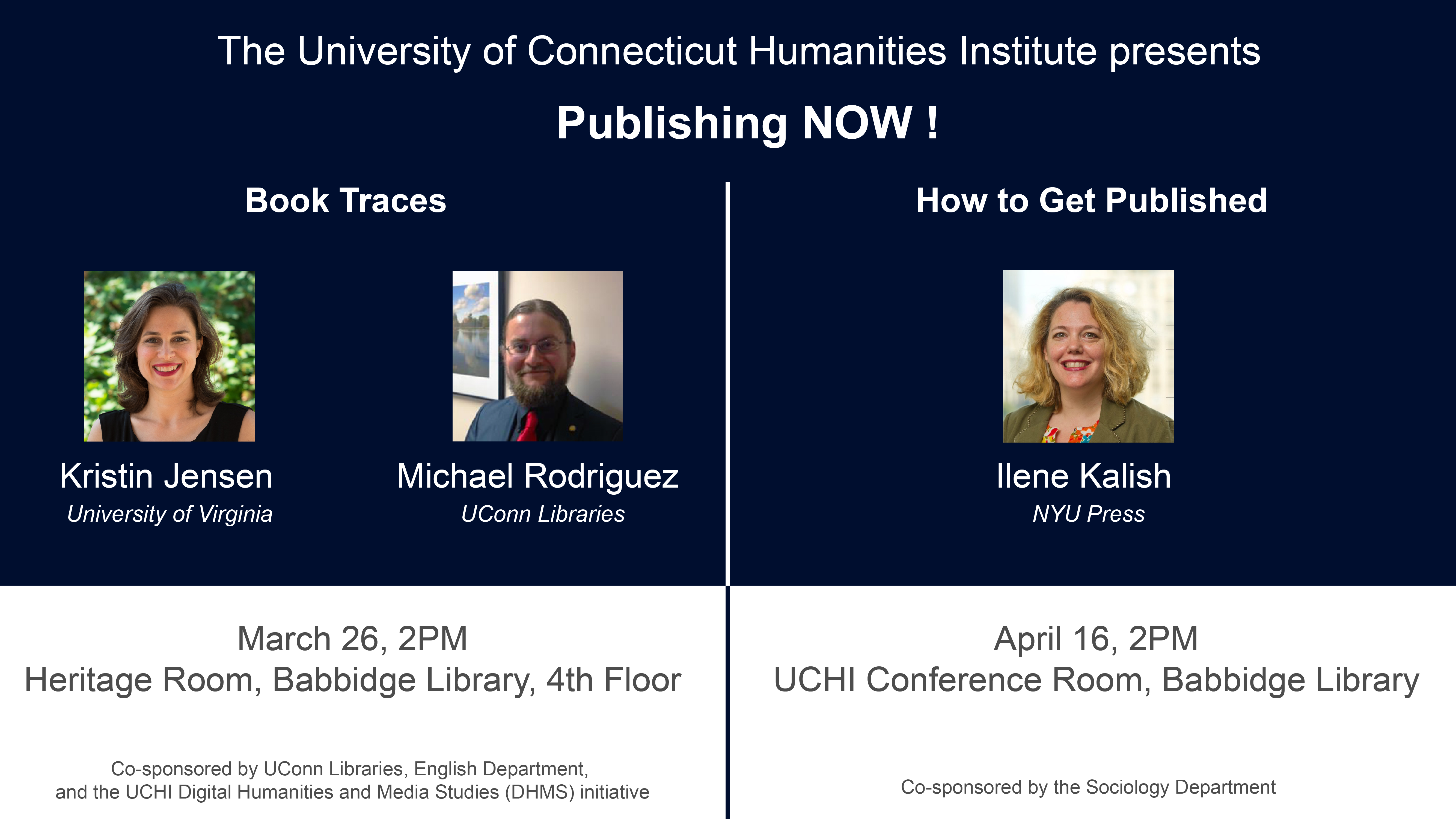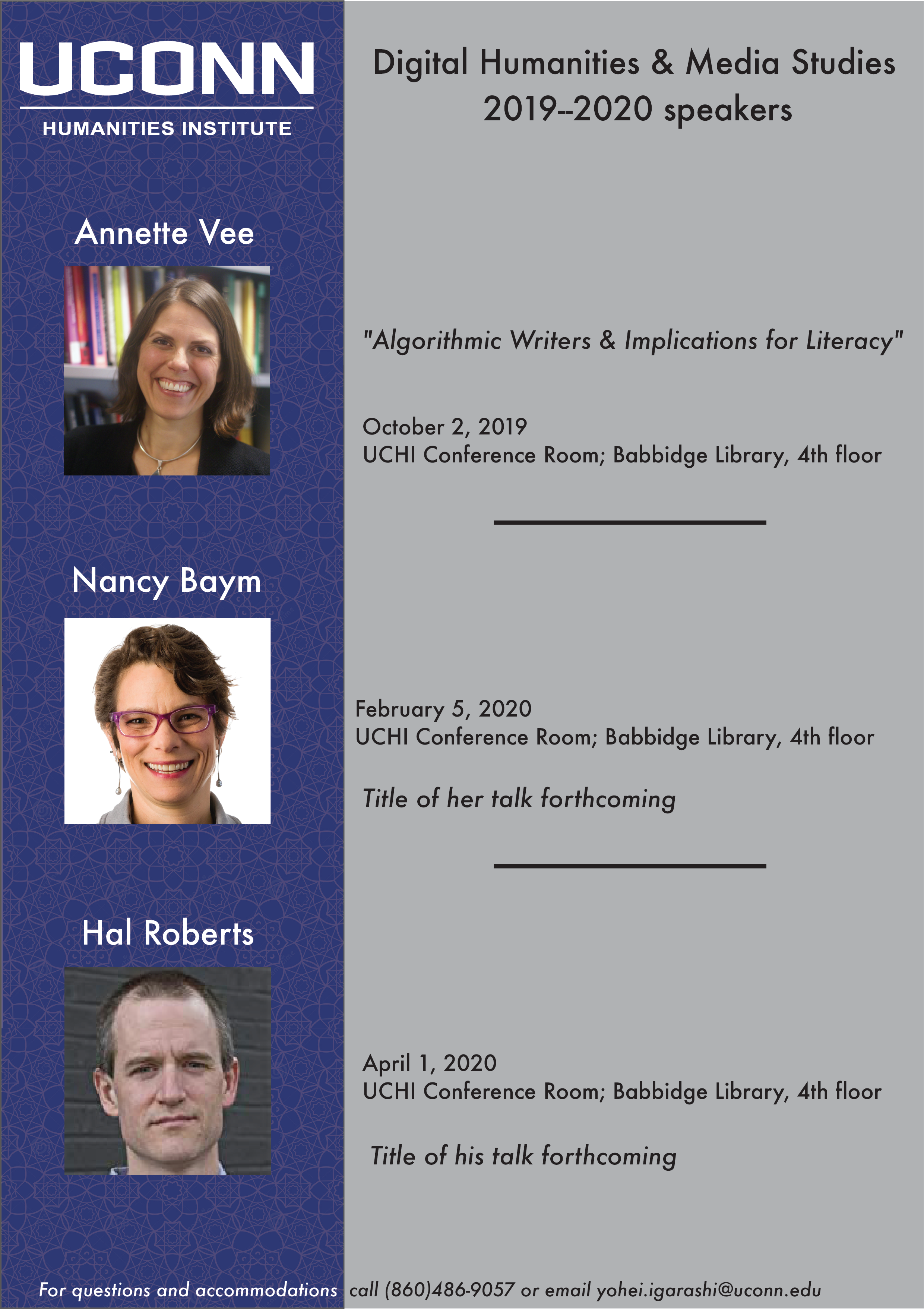The Relational Affordances of Platforms
By Nancy K. Baym
People have been socializing on the internet for nearly fifty years. In recent years, online social life has become increasingly concentrated in a relatively small number of commercial platforms. How can we make sense of the impacts they are having on our relational lives? How can we theorize platforms when they are constantly changing and used in so many different ways? In this talk, Nancy Baym draws on a range of her recent research on platforms such as Facebook and Twitter to articulate a model for understanding platforms as the dynamic, unstable entities they are, and to explore their roles in shaping, constraining and opening up new possibilities for relationships in contexts ranging from close romantic bonds to online communities and the ties that connect musicians to their audiences. The talk further considers how these platforms commodify the relational interactions that take place through them, and how their design choices have fostered environments in which relationships become tools for profit.
Join us on Wednesday, February 5 2020, at 4PM at the UCHI Conference Room, Babbidge Library, Fourth Floor.
Co-Sponsored by UConn Department of Communication, and UCHI’s Digital Humanities and Media Studies (DHMS) and The Future of Truth (TFOT) initiatives.
Through the generous gift of her honorarium, Nancy K. Baym is supporting the Humanities Institute’s Digital Toolbox Working Group for the 2019–20 academic year.
 Nancy Baym
Nancy Baym
Senior Principal Researcher, Microsoft Research New England
Research Affiliate, Comparative Media Studies/Writing, MIT
Nancy Baym is a Senior Principal Researcher at Microsoft Research New England, where she conducts basic research into how people understand and act with new communication technologies in their relationships. A pioneer in the field of internet research, Baym wrote some of the first articles about online community in the early 1990s. With Jean Burgess, she is the author of Twitter: A Biography (forthcoming 2020, NYU). Other books include Playing to the Crowd: Musicians, Audiences, and the Intimate Work of Connection(2018, NYU), Personal Connections in the Digital Age (2010, Second Edition 2014, Polity), Internet Inquiry: Conversations About Method (co-edited with Annette Markham, 2010, Sage), and Tune In, Log On: Soaps, Fandom and Online Community (2000, Sage). She was a co-founder of the Association of Internet Researchers and served as its second president. She has been recognized with the Frederick Williams Prize for Contributions to the Study of Communication and Technology awarded by the International Communication Association, the naming of the Nancy Baym Book Award by the Association of Internet Researchers, and an Honorary Doctorate from the Faculty of Information Technology at the University of Gothenburg. Most of her papers and more information are available at nancybaym.com.

 Nancy Baym
Nancy Baym
 The
The 
